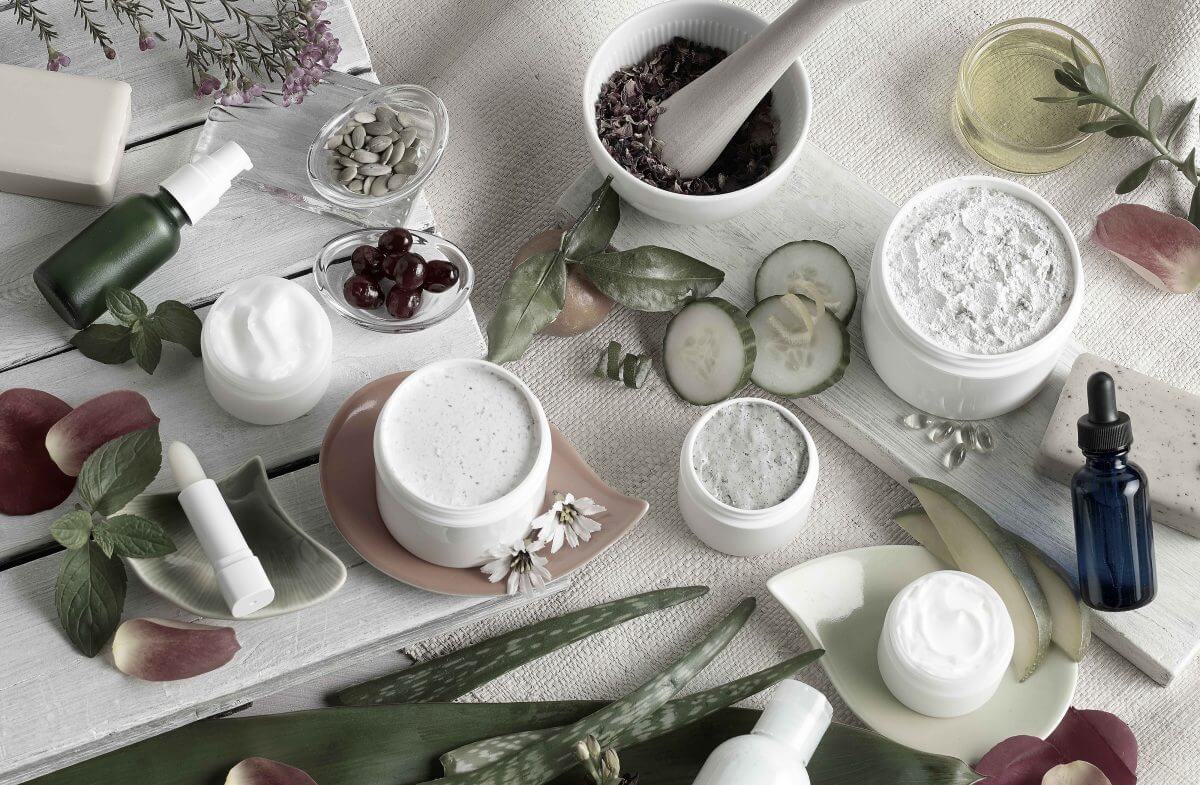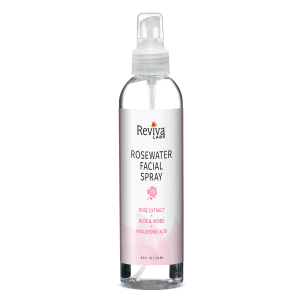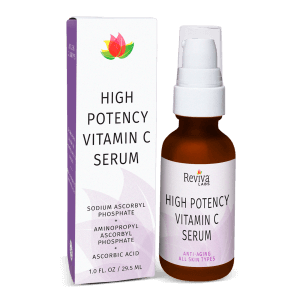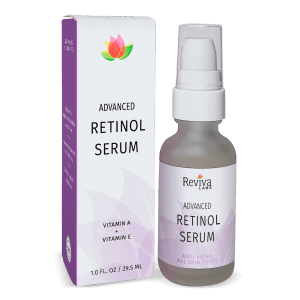Substance that inhibits oxidation (i.e., a chemical change that occurs in the presence of oxyge or air); used in cosmetics to prevent oils or fats from becoming rancid. Vitamin E, cysteine, and selenium are some natural antioxidants, but synthetic ones, such as BHA and BHT are often used.
Antioxidants are compounds that inhibit oxidation, a chemical reaction that can produce free radicals. This can lead to polymerization and other chain reactions. They are frequently added to industrial products, such as fuels and lubricants, to prevent oxidation, and to foods to prevent spoilage, in particular the rancidification of oils and fats. In cells, antioxidants such as glutathione, mycothiol or bacillithiol, and enzyme systems like superoxide dismutase, can prevent damage from oxidative stress.

The only dietary antioxidants are vitamins A, C, and E, but the term antioxidant has also been applied to numerous other dietary compounds that only have antioxidant properties in vitro, with little evidence for antioxidant properties in vivo. Dietary supplements marketed as antioxidants have not been shown to maintain health or prevent disease in humans.









